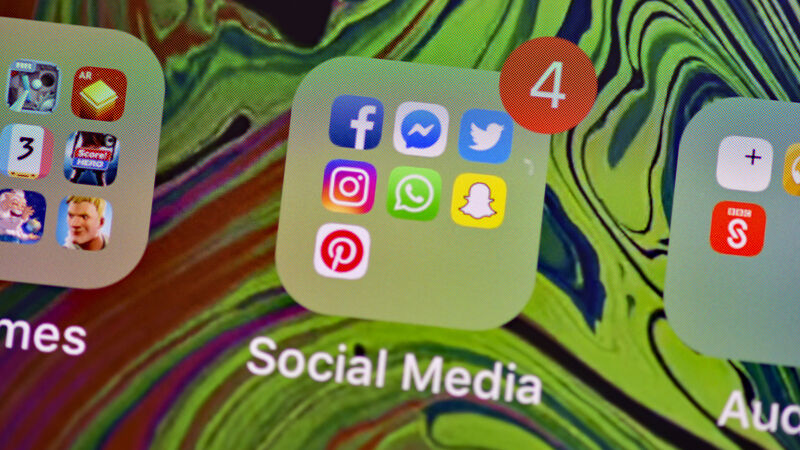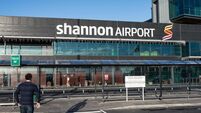Taoiseach warns impending codes of conduct will hit social media firms 'where it hurts'

Binding codes of conduct will be put in place later this year that will hold the directors of social media companies personally responsible if the platforms do not abide by Irish laws. File photo
Ireland will hit social media companies "where it hurts" if they fail to take responsibility for threatening and harmful content on their platforms, the Taoiseach has warned.
Binding codes of conduct will be put in place later this year that will hold the directors of social media companies personally responsible if the platforms do not abide by Irish laws.












